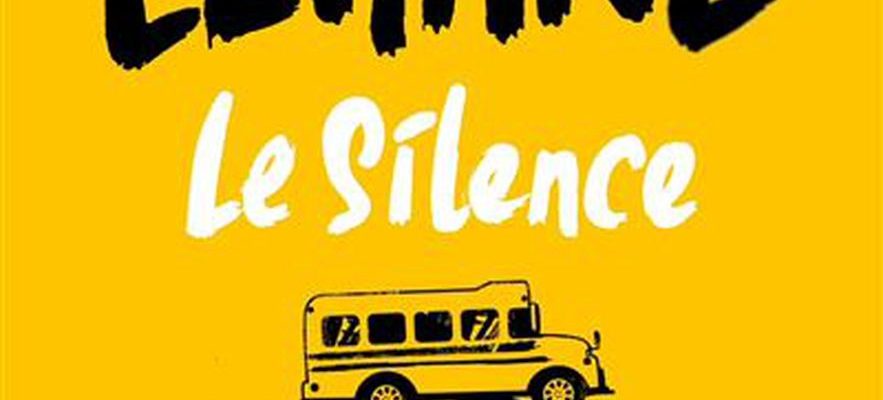The silence
By Dennis Lehane, trans. from English (United States) by François Happe.
Gallmeister, 450 pages, €25.40.
Express rating: 5/5
The Silence By Dennis Lehane, trans. from English (United States) by François Happe. Gallmeister
© / Gallmeister
Boston, summer 1974. A judge has just decided that it was time to put an end to segregation in the city’s schools: at the start of the school year, black students will go to a “white” high school, and vice versa. As preparations for an outraged protest take place in the South Boston neighborhood – Catholic, white, Irish, poor – Mary Pat Fennessey wonders why her 17-year-old daughter Jules hasn’t returned from her school trip. the day before. She seeks help from Marty Butler’s gang, which holds the area under its thumb and to which her late husband, Dukie belonged. His daughter and her associates, he is made to understand, could have played a role in the death of a young African-American in the city center, but Mary Pat refuses to believe it. And undertakes, at his own risk and peril, his own investigation.
Dennis Lehane, who was confronted, as a child, with the protests against school coeducation in his city of Boston, restores their staggering mass violence, which saw the crowd cover the Democrat Ted Kennedy in particular. The author of Mystic River points with exceptional psychological acuity to the force of collective as well as individual denial, adding a new layer of moral complexity to one of its favorite themes, violence against children. Above all, it depicts the hypocrisy of a community united above all by a racism that prevents it from seeing that its real enemy is housed within it. Bertrand Bouard
Two summers 44
By Francois Heilbronn.
Stock, 336 pages, €20.90.
The rating of L’Express: 3/5
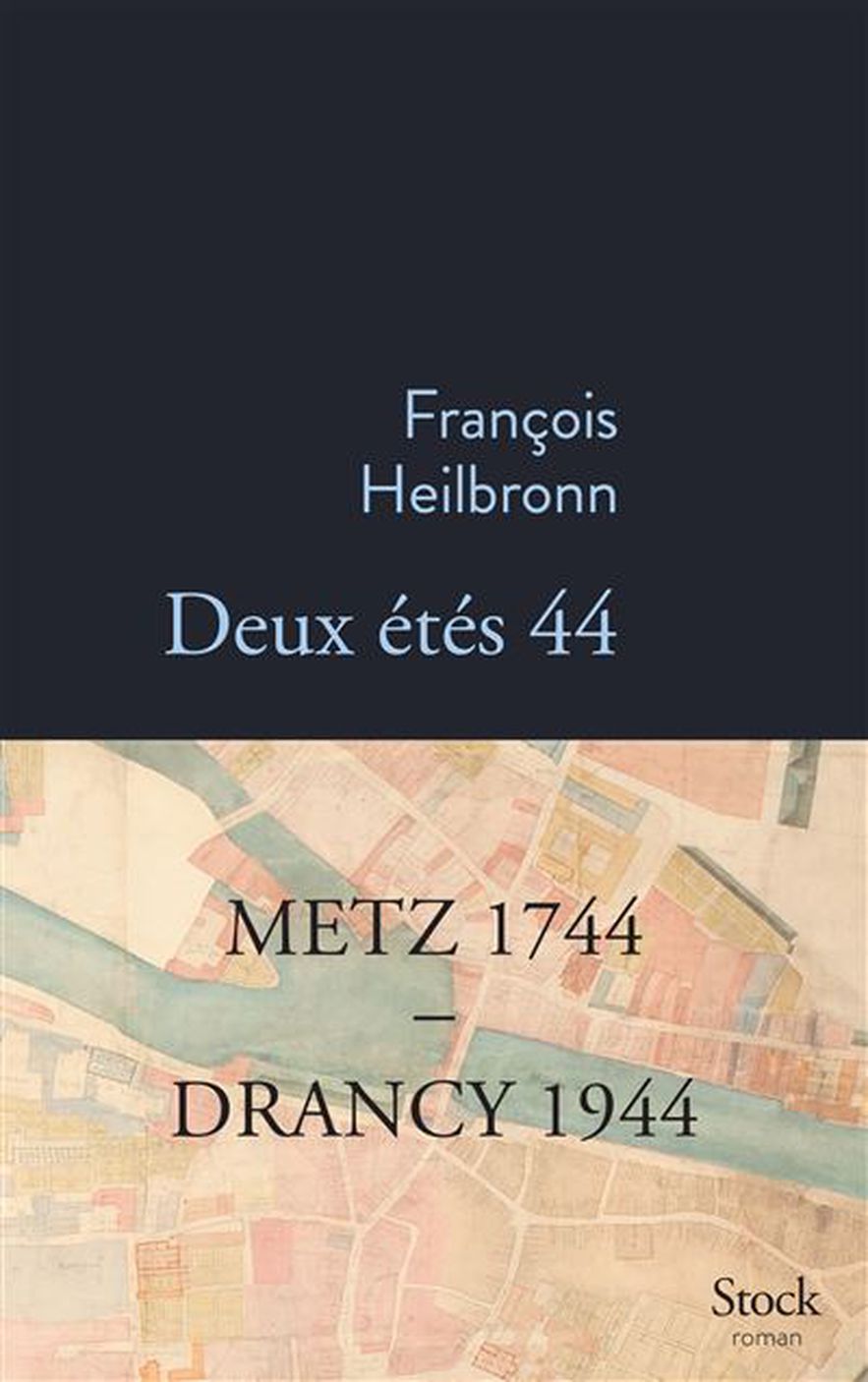
Two Summers 44 By François Heilbronn. Stock
© / Stock
Singular stories are those told by François Heilbronn, vice-president of the Mémorial de la Shoah, in this Two summers 44 halfway between the novel and the personal account. The first, the least known, perhaps imaginary, is that of this Jewish doctor who saved Louis XV in 1744 in Metz. The king, gone to war against the Austrians, is at the point of death and his doctors have no other remedy than incessant bloodletting which only weakens him. Until the moment when, in secret from the sovereign’s entourage, it was decided to call on a Jewish doctor in the city, Isaïe Cerf Oulman. You have to be cunning, disguise yourself to reach the royal bed and finally treat it. In a lively and well-informed language, François Heilbronn happily recreates the atmosphere that then reigned around Louis XV, the courtiers, his mistresses, the queen who came running from Paris with the dauphin to take back her place. He also draws the daily life of the Jewish community of Lorraine, marginalized.
Because the subject of his book is not only historical. It also intends to relate the attachment of the Jews to the nation and to recall the bad manners that France has often done to them over the centuries. The second summer of 44, that of the 20th century, recounting the destiny of Henry Klotz, hero of the Great War, dying in Drancy while his family was arrested in Paris, echoes the first. Between the two, a family link to which François Heilbronn is attached, but also a monument that all Parisians know – the Pantheon – but whose genesis many are unaware of, a promise made one day in the summer of 1744 in a royal bedroom in Metz. Agnes Laurent
I remember Fallujah
By Feurat Alani.
JC Lattes, 288 pages, €20.
The rating of L’Express: 4/5
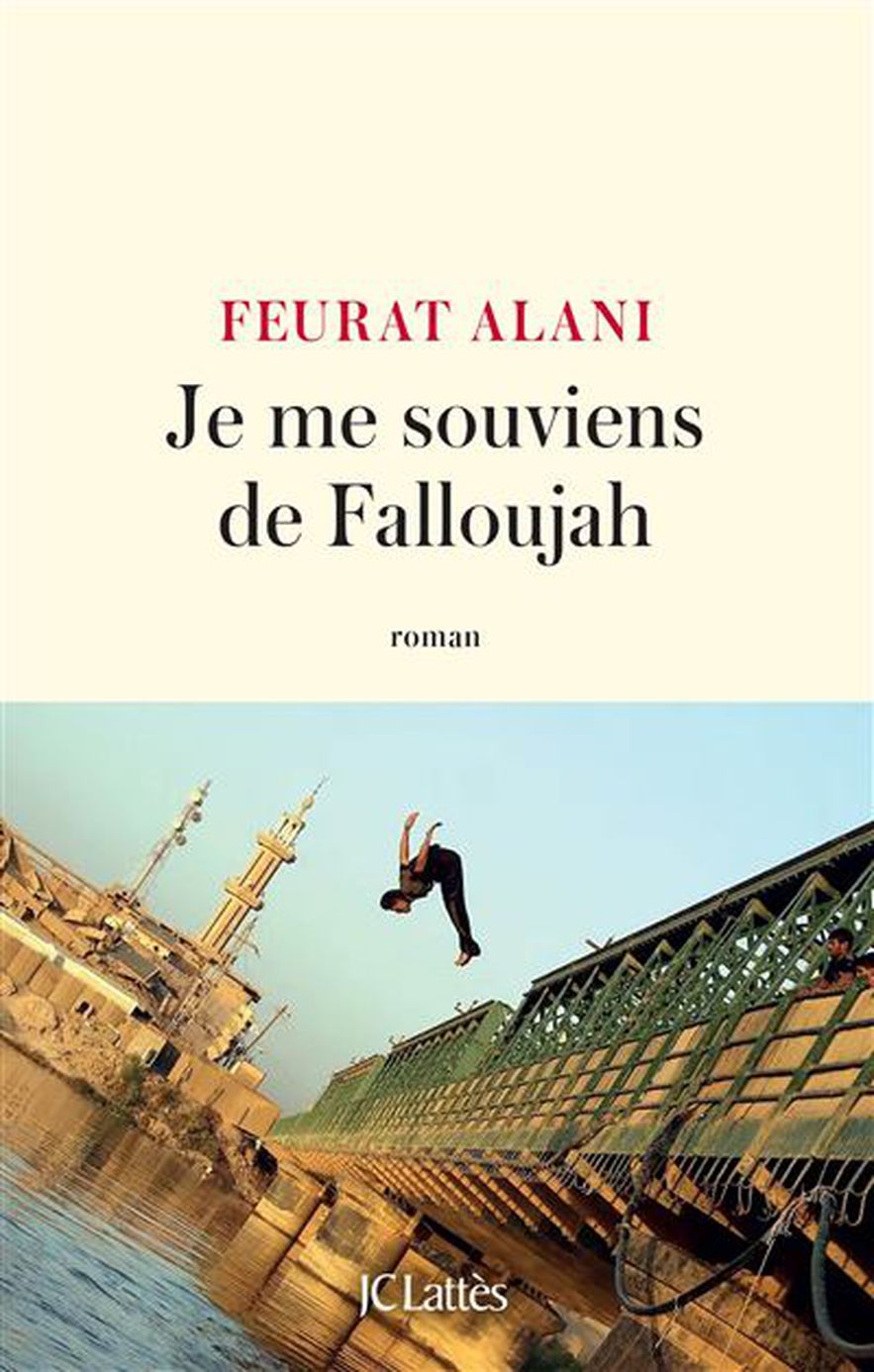
I remember Fallujah By Feurat Alani. JC Lattes
© / JC Lattes
Is the pain of exile transmitted genetically? Undoubtedly, something is impressed in the following generation. This is the case for the young Euphrates, named after the river that crosses Iraq, which seeks to elucidate what was the life of his father, Rami. This one is stricken with amnesia at the end of his life, which creates a unique opportunity for the son to make this father, usually stingy with words, speak. Exile is a lost world that only memory can reclaim. At the same time, the author also tells us about this son who, in France, had to build himself on the sides of a partial story and succeed in finding his way in an equation with a thousand unknowns. Feurat Alani, great reporter and winner of the Albert Londres Prize for his work in comics The Perfume of Iraq (Ed. Nova, 2018), brings us back to the shores of his personal story again, this time in the form of a novel.
Having visited it as a child, teenager, and having worked there as a journalist, Feurat Alani knows how to describe this country in all its contradictions, in a precise and rhythmic language. We read with interest behind the scenes of the Saddam era, we learn about the tumults of the history of this proud and multiple nation, we also tremble at the losses caused by war and destruction. It is rare that a voice emerges to describe the unknown facets of this too often reviled country. This sensitive and fair ode to the desperate quest for identity, a Goncourt finalist for the first novel, will speak to all children in exile, but also to others. Hamdam Mostafavi
A story of Everest
By Jean-Michel Asselin.
Glénat, 196 pages, €25.95.
The rating of L’Express: 3/5
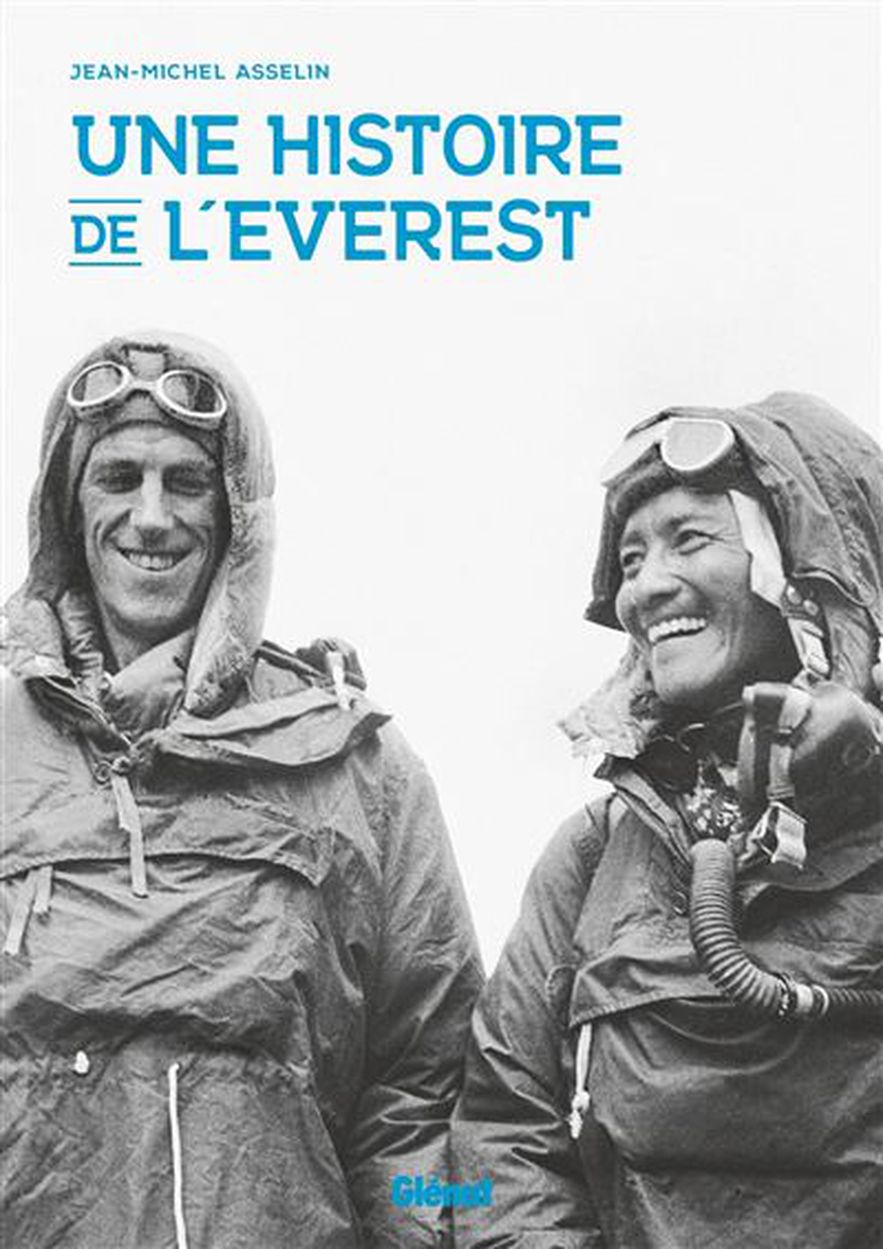
A History of Everest By Jean-Michel Asselin. Glenat
© / Glenat
There is little chance, with respect, that you will climb Everest and its 8,848 meters. The writer and mountaineer Jean-Michel Asselin admits, in his preamble, having himself tried five times to reach the Roof of the World, and failed not far from the summit. He did not take it for granted, on the contrary, as evidenced by this History of Everest, or of Chomolungma (its Tibetan name), nourished by its enchantments and abundantly illustrated. Homeric “expert” fights on measuring its altitude, valuable advice on acclimatization, legendary mountaineers – the British Mallory, Noel Odell, Andrew Irvine, John Hunt, New Zealanders Edmund Hillary and Lydia Bradey, Sherpa Tenzing Norgay, the Swiss Yves Lambert, the Frenchman Pierre Mazeaud… Jean-Michel Asselin revisits, with tasty anecdotes, the adventures of the extreme aroused since the 19th century by the Summit of the Gods. What to dream away from altitude sickness. Marianne Payot
The taste of slowness
Texts chosen by Delphine Chaume.
Le Petit Mercure, 126 p., €9.
The rating of L’Express: 3/5
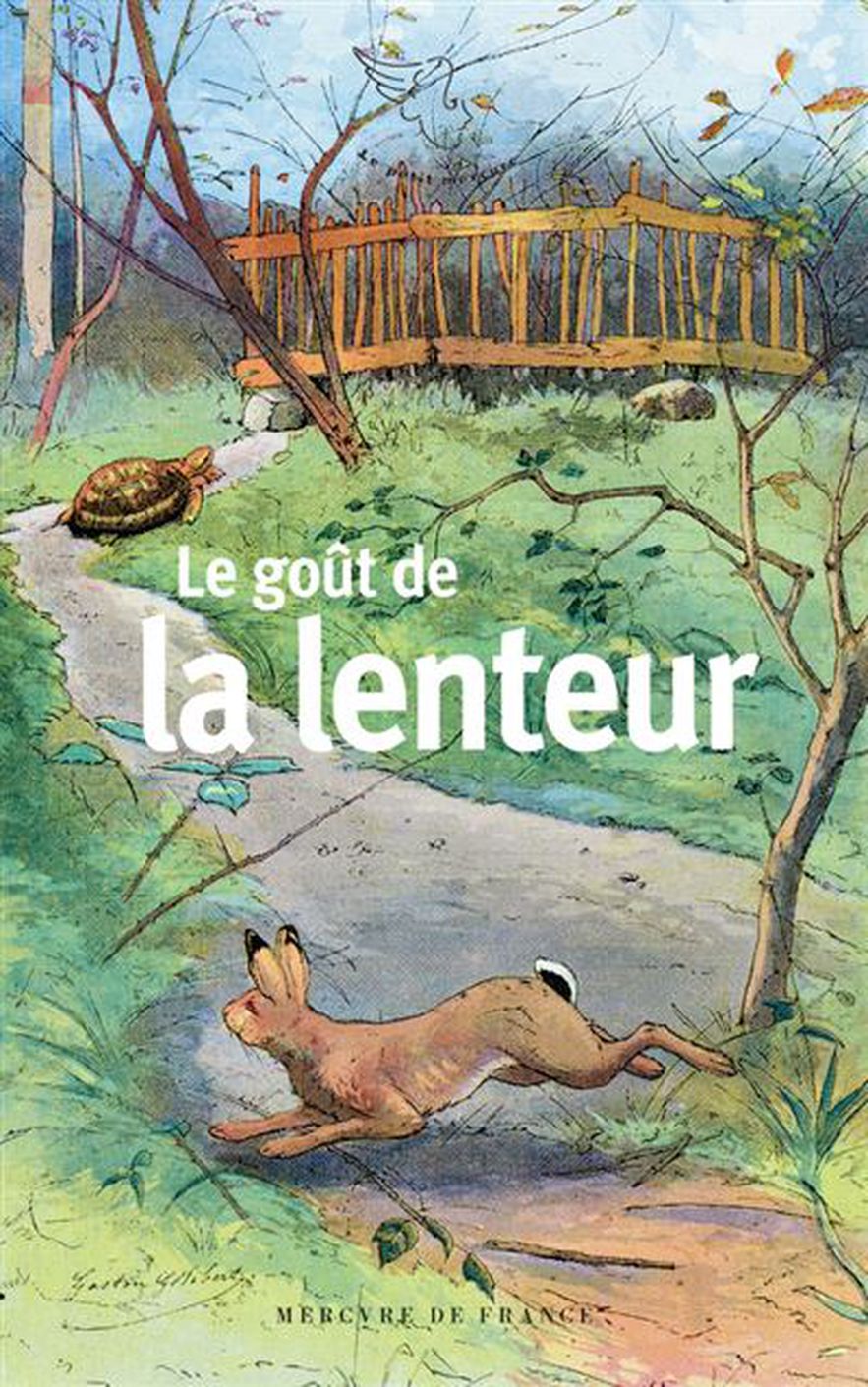
The Taste of Slowness Texts chosen by Delphine Chaume. The Little Mercury
© / The Little Mercury
Twenty-one years after its creation and after more than 300 titles published, the charming collection of the Mercure de France is finally interested in slowness. A long wait, all in all in line with the subject… Journalist and editor Delphine Chaume quite naturally opens this brief anthology with The Hare and the Tortoise (“There’s no point in running; you have to leave on time”) and closes it with the Letter 24 of Persian Letters (“We have been in Paris for a month, and we have always been in constant motion”).
Traveling writers (Nicolas Bouvier, Eric Faye, Victor Segalen) who have chosen walking or the (night) train, but also Pierre Sansot, Dino Buzzati, Proust, Baudelaire, Virginia Woolf, Marguerite Duras, Milan Kundera etc., a range of Authors of yesterday and today attempt here to answer this fundamental question: how to inhabit time? By reading this short collection, for example… PM
